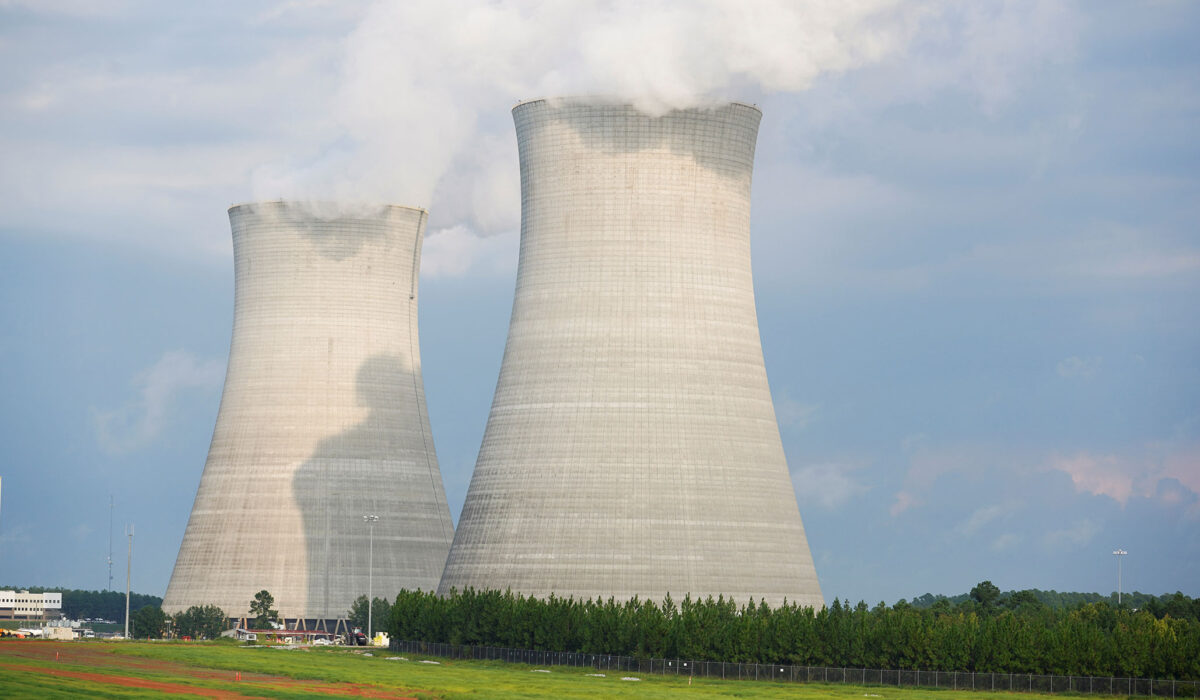The Nuclear Regulatory Commission Failed Under the Biden Administration
From where I stand, the Nuclear Regulatory Commission under this administration made policy choices that look like regulatory surrender. The agency’s stewardship of nuclear oversight should protect the public first, not political priorities. That plain fact deserves scrutiny.
Too often the NRC seemed more reactive than proactive, letting small issues fester until they became bigger problems. When regulators fail to enforce standards consistently, trust evaporates fast. Communities near plants deserve clear, steady protection, not stopgap fixes.
Staffing and morale inside regulatory agencies matter, and reports indicate both took hits in recent years. Experienced inspectors left while hiring lagged, leaving institutional knowledge thin. That gap makes it harder to spot subtle but serious compliance failures.
Political pressure can warp technical judgment, and observers increasingly saw partisan signals at the margins of NRC decisions. Regulators must base choices on engineering and safety data, not on which way the political wind blows. When politics creeps in, safety becomes negotiable.
Transparency faltered at critical moments, with key decisions lacking clear public explanations. The public has a right to plain answers about safety assessments and risk calculations. Opacity breeds suspicion, and suspicion erodes public confidence.
Enforcement actions that should be routine at a healthy regulator seemed uneven and sometimes delayed. When penalties for violations are weak or inconsistent, rules lose teeth. A regulator that cannot or will not enforce is a regulatory agency in name only.
Emergency preparedness planning needs constant updating, but coordination among federal, state, and local partners often looked clumsy. Clear chains of command and tested plans save lives in a crisis, yet drills and interagency work sometimes lagged. That gap is unacceptable around nuclear facilities.
The NRC also faces technical challenges as the industry evolves, from advanced reactors to spent fuel storage issues, and leadership must stay ahead of the curve. Adopting new technologies requires tougher, not looser, oversight during transition periods. The public interest calls for rigorous evaluation, not shortcuts.
Congress has a role here, and oversight committees should press for explanations, not platitudes. Lawmakers must demand records, hearings, and accountability when a regulatory agency underperforms. That process protects citizens and restores responsible governance.
Rebuilding the NRC’s credibility means returning to core principles: enforceable standards, technical rigor, transparency, and independence from political meddling. Officials who favor outcomes over safety should be challenged. Citizens expect and deserve a regulator that treats safety as nonnegotiable.
Practical steps include restoring experienced staff, tightening enforcement, clarifying public communications, and insulating technical decisions from partisan aims. Those are not radical ideas; they are basic demands of competent oversight. Fixing the NRC starts with admitting the problem and taking meaningful corrective action.

